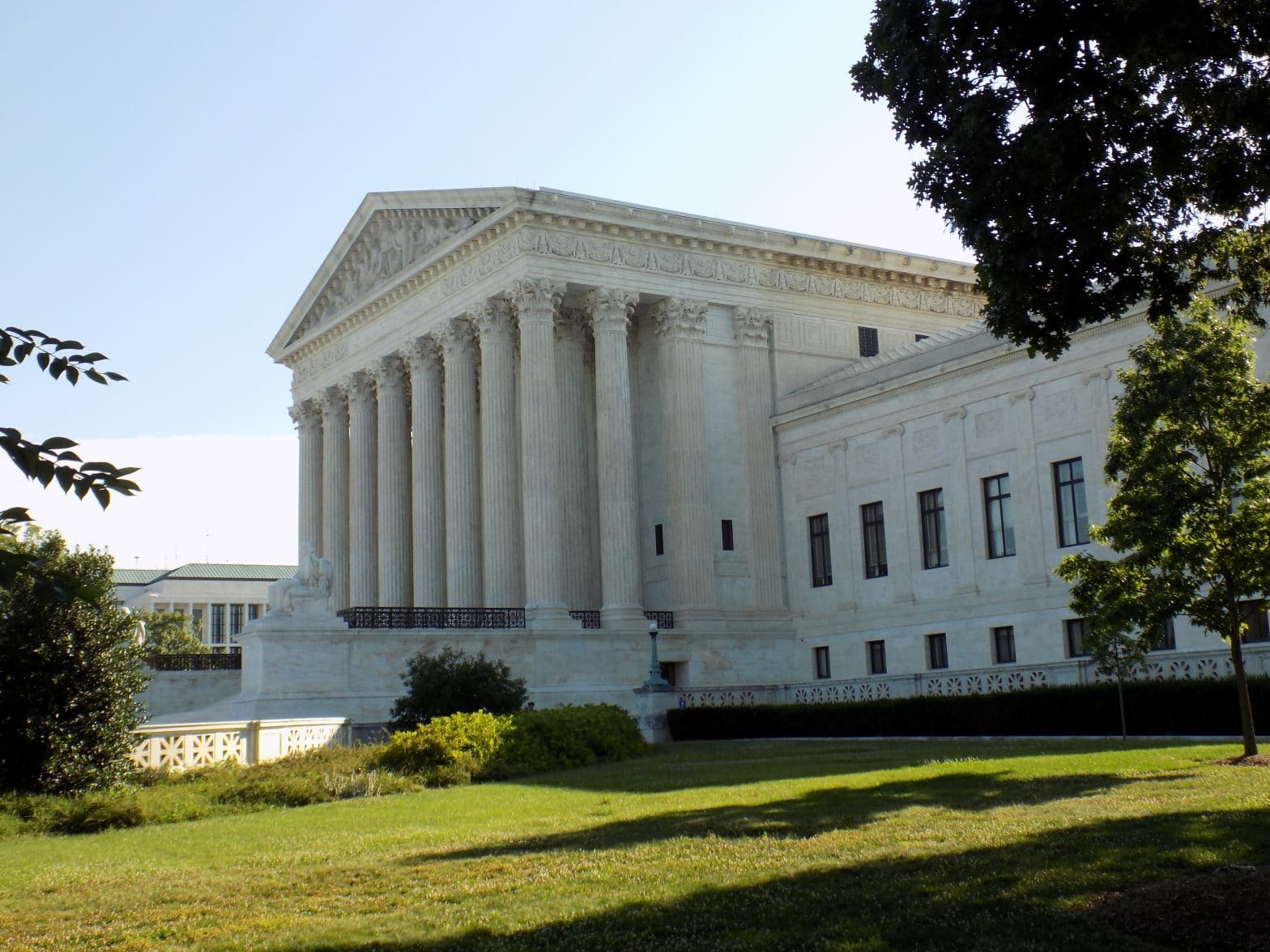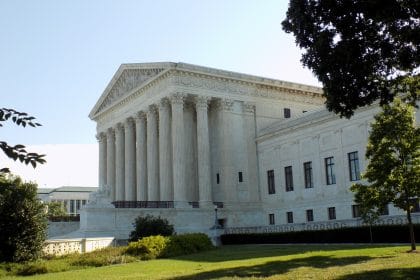Supreme Court Weighs In On Property Rights

WASHINGTON – A divided U.S. Supreme Court ruled Friday that property owners can go directly to federal court with claims that state and local officials are depriving them of the use of their property.
Chief Justice John Roberts wrote the opinion for the majority in the 5-4 decision, which overturned decades of precedent that barred property owners from going to federal court until their claims had been denied in state court.
In short, the decisions means that property owners are entitled to the same rights in federal court that other citizens have if they can prove that their constitutional rights have been violated.
The case came to the court from Scott Township, Pennsylvania, where Rose Mary Knick, the plaintiff in the underlying litigation owns 90 acres on which she grazes horses.
In the early 2000s, a town official in eastern Pennsylvania’s Lackawanna County, informed Knick that in addition to its rolling, grassy hills, her land also included a small old cemetery where her neighbors’ ancestors were purported buried.
Knick disputed this, but the matter didn’t come to a head until 2012, when the town adopted an ordinance that any and all cemeteries within its boundaries be open to the public, free of charge, during daytime hours.
Knick promptly filed a lawsuit in state court claiming the new ordinance was effectively a taking of her property. Before the case could be heard, however, the town withdrew its notice that Knick was violating the ordinance, and the court dismissed the lawsuit, saying Knick could no longer prove she was being harmed by local officials.
Dissatisfied, Knick refiled her lawsuit in federal court, which again dismissed her case, this time based on a series of U.S. Supreme Court decisions that have consistently required property owners to go to the state courts before appealing to the federal courts.
As announced in Roberts’ ruling, the majority now thinks the state litigation requirement “imposes an unjustifiable burden” on the aggrieved property owner.
But in a stinging dissent, Justice Elena Kagan strongly disagreed.
“Today, the Court formally overrules Williamson County Regional Planning Comm’n v. Hamilton Bank of Johnson City, 473 U. S. 172 (1985). But its decision rejects far more than that single case,” Kagan wrote. “Williamson County was rooted in an understanding of the Fifth Amendment’s Takings Clause stretching back to the late 1800s.
“On that view, a government could take property so long as it provided a reliable mechanism to pay just compensation, even if the payment came after the fact. No longer,” Kagan said. “The majority today holds, in conflict with precedent after precedent, that a government violates the Constitution whenever it takes property without advance compensation—no matter how good its commitment to pay.”
“That conclusion has no basis in the Takings Clause,” Kagan adds later. “Its consequence is to channel a mass of quintessentially local cases involving complex state-law issues into federal courts. And it transgresses all usual principles of stare decisis.”
Stare Decisis is the legal principle of determining points in litigation according to precedent.
In Kagan’s view, the position of Roberts and the rest of the majority, “smashes a hundred-plus years of legal rulings to smithereens.”
“It is hard to overstate the value, in a country like ours, of stability in law,” she said.
But in an interview with the Associated Press, Knick’s attorney, J. David Breemer, said the decision was a long time coming for his client and other property owners “who have had federal courtroom doors slammed shut in their faces whenever they seek compensation for a governmental taking of their private property.”
As for Scott Township, it said in a statement it was disappointed with the ruling but that it nevertheless expects to win when the case goes back to federal court.
The case is Knick v. Township of Scott, 17-647.
























